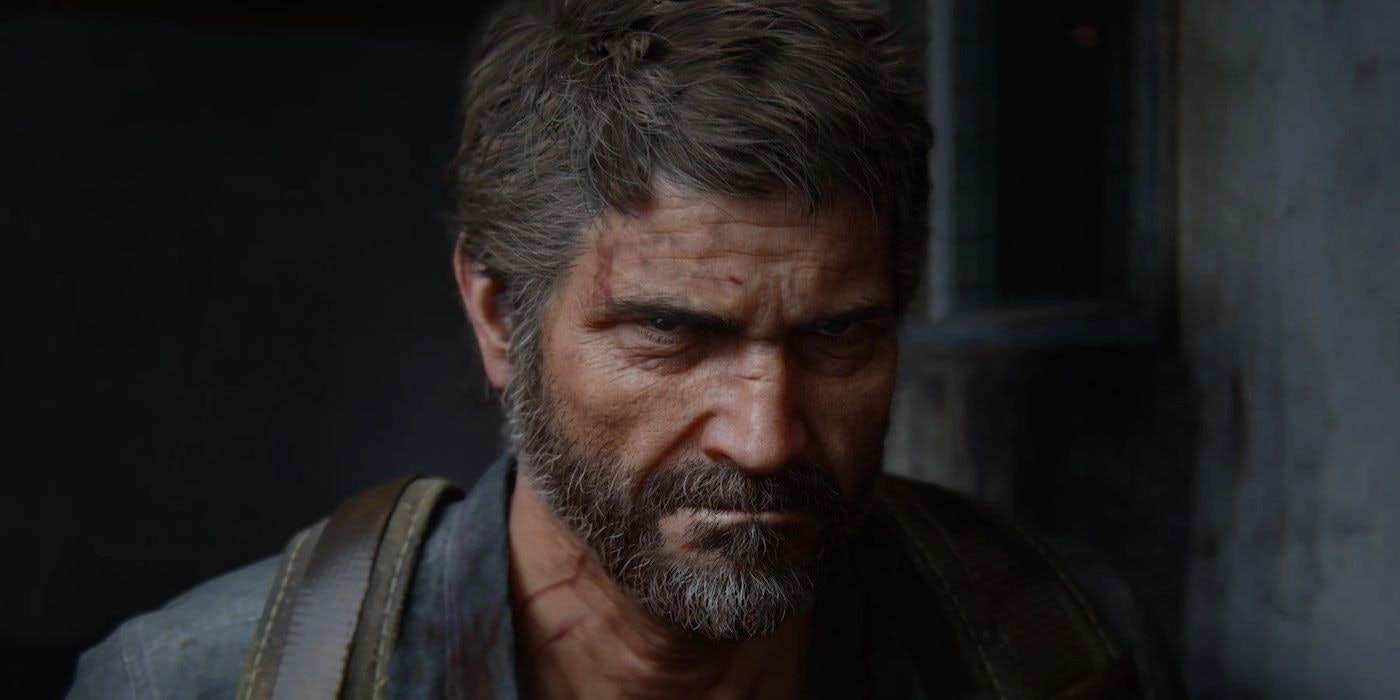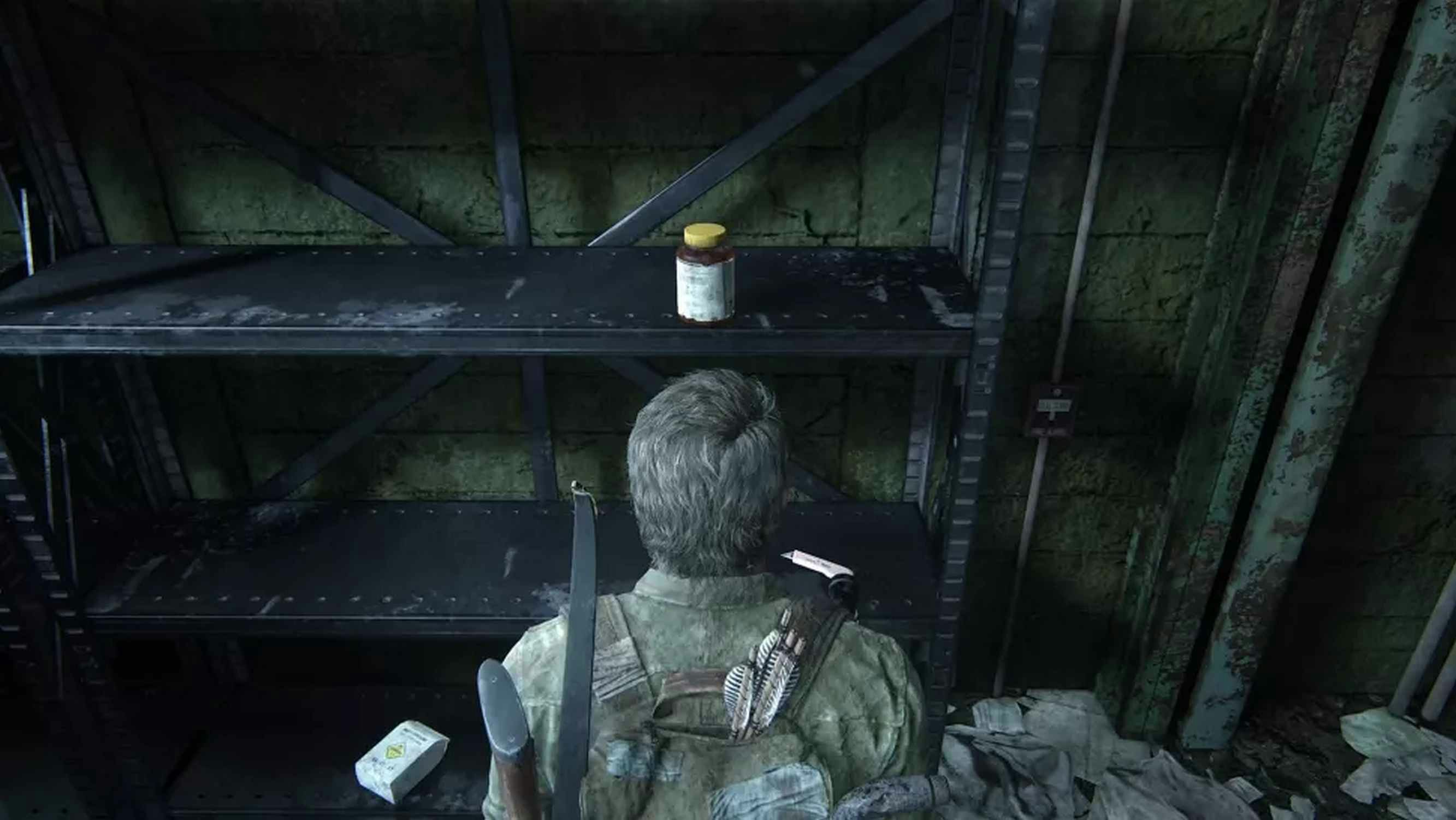
Video games are full of different upgrade systems that don’t logically make sense outside of the medium. When adapting a game to another medium, like television, one of the biggest challenges is how to handle gameplay mechanics. HBO’s The Last of Us has subtly been weaving gameplay systems into the show’s narrative in a way that deepens the characterization of the show's cast. One mechanic in the game that the series has adapted is the “Supplements” that Joel collects in his travels. But this new depiction adds a darker side to Joel that the game only hints at.
Level Up — Across a playthrough of The Last of Us, players will be able to find an item called supplements littered around the world. These can be used to upgrade Joel’s basic abilities such as health, crafting speed, and the stability of aiming.

The game uses this purely as a traditional leveling mechanic under the disguise of collecting precious medicine in a post-apocalyptic world where it is not easy to come across any sort of healthcare. The only narrative hint at a deeper narrative reason behind the pills comes when the protagonist switches from Joel to Ellie for a brief section of the game.
When controlling Ellie, she can already heal quickly and has a steady aim. While there is the obvious gameplay reason that this section occurs towards the end of the game and it doesn’t make sense to take away a player's hard-earned upgrades by switching them to a new character, there is the possibility that this hints at why Joel specifically needs the supplements.
To put it plainly, Joel is going through withdrawals, and taking the supplements is giving him his fix and helping fight off the side effects that come from trying to get clean. This theory is supported by the HBO show’s prominent use of pills.
The dark truth — In the premiere of The Last of Us, Pedro Pascal’s version of Joel is shown to be suffering from PTSD due to the apocalypse and watching his daughter die in his arms. Throughout the premiere, his hands shake and he cannot escape this traumatic event that looms over him. In order to deal with this Joel returns to his apartment and begins to down several glasses of straight whiskey while having a handful of pills.

These pills are most likely the show’s version of supplements, meaning that Joel is self-medicating with the drugs in order to stave off the constant depression he is struggling with. Without the drugs, which can be hard to come by even as a smuggler, Joel begins to suffer from withdrawals.
With the added context of the show, the supplements of the game feel more impactful than before. His body is so used to operating on the supplements that without them he begins to slow down, his body stops healing and his hands make it hard to hold the gun steady and protect Ellie and himself.
The reason Ellie does not suffer from any of the side effects that Joel does despite not using the supplements is that Ellie is not drug-addicted, her body is working properly. While most games use their leveling system to give the player a feeling of power, Joel is barely functioning at the start and has to work his way up to normal due to how he suffers from withdrawals. It is a darker interpretation considering that the only way he can then successfully keep himself fit during the events of the game is to continue taking the supplements, the very thing that is harming him.
The supplements aren’t the only game mechanic that has made its way into the HBO adaptation. The premiere had spots of yellow along walls, which signaled their climbability in the game, and animations of Joel kneeling to open his backpack or move aside a bookshelf have been almost identically replicated on screen. While it doesn’t always deepen the narrative as the supplements do, it’s a fun easter egg for fans of the game to look out for and shows a level of care in the adaptation.






